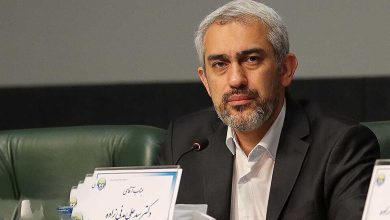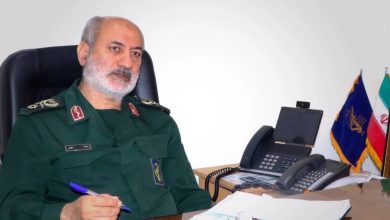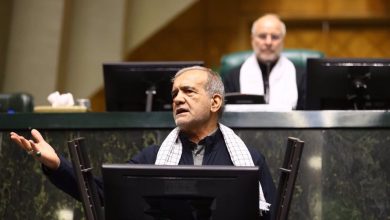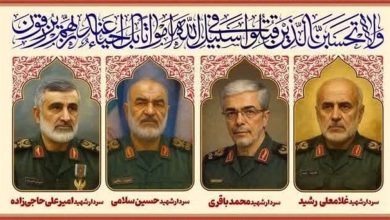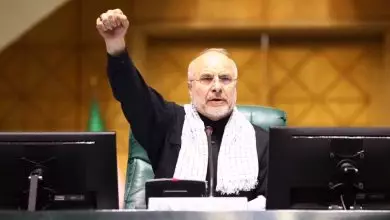President Pezeshkian declined engaging in negotiations with US under coercive conditions: “Do whatsoever you want”
Iranian President Masoud Pezeshkian has delivered a stern critique of the Trump administration's hardline policy toward Iran. He asserted that the Islamic Republic differs fundamentally from Ukraine and emphasized that Iran will not engage in negotiations with the United States when faced with threats or coercive tactics.
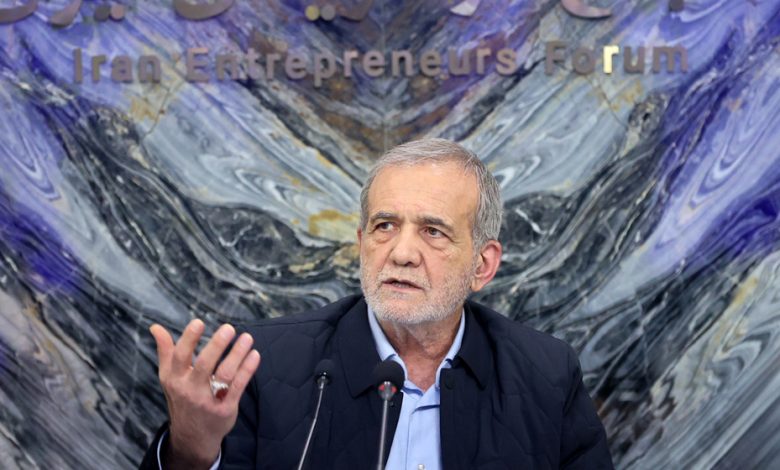
During a meeting at the Iran Entrepreneurs Forum in Tehran on Tuesday, Pezeshkian emphasized the importance of sustaining global relations. He asserted that while Iran seeks to avoid isolation and conflict, it has no intention of submitting to any form of humiliation.
“We may face death with honor, but we refuse to live in shame.”
Pezeshkian has dismissed what he described as an ultimatum from former U.S. President Donald Trump, making reference to a purported letter sent by Trump to the Iranian authorities.
The communication called for Tehran to cease its nuclear and missile activities and implement additional measures as a condition for the easing of sanctions.
Pezeshkian expressed strong disapproval, stating, “It is intolerable for an individual to impose restrictions with threats of consequences, remarking that negotiations are off the table. They can proceed with their actions as they see fit.”
He leveled criticism at former President Donald Trump for allegedly showing a lack of respect toward Ukrainian President Volodymyr Zelensky, while exerting pressure on him to consent to an agreement with Russia.
The President of Iran has characterized former President Donald Trump’s behavior during a recent encounter with Ukrainian President Volodymyr Zelensky at the White House as “truly shameful.”
He stated that discussions would take place if they are approached with dignity, mutual respect, and shared interests. However, he firmly rejected any discourse characterized by threats or coercion, deeming it completely unacceptable.
The president emphasized the necessity of bolstering Iran’s private sector to mitigate the impact of Western sanctions.
A prominent figure has asserted that by implementing self-regulatory measures, the nation can effectively shield itself from potential external sanctions, notably from countries such as the United States.
Relations between Iran and the United States have markedly deteriorated following former President Donald Trump’s unilateral withdrawal from the Joint Comprehensive Plan of Action (JCPOA), colloquially known as the nuclear deal, in 2018.
The Joint Comprehensive Plan of Action (JCPOA), established in 2015, mandated Iran to undertake specific confidence-building steps to restrict its nuclear program in return for the easing of international sanctions.
Subsequent to the withdrawal, the Trump administration initiated a “maximum pressure” strategy designed to debilitate Iran’s economy through stringent sanctions. These measures specifically targeted the country’s oil exports, banking sector, and other key industries in an effort to exert economic strain.
US officials have acknowledged that the policy was intentionally crafted to economically and politically undermine Iran.
The move heightened regional tensions and strained relations with European allies of the United States, who continued to support the Joint Comprehensive Plan of Action (JCPOA).
In reaction to changing circumstances, Iran has incrementally scaled back its adherence to the commitments outlined in the Joint Comprehensive Plan of Action (JCPOA), asserting that its nuclear activities continue to be of a peaceful nature.
The anticipated termination day for the Joint Comprehensive Plan of Action (JCPOA) scheduled for October 2025 has intensified tensions, potentially signaling a pivotal shift in the landscape of international constraints on Iran’s nuclear program.
Iran has consistently emphasized its willingness to engage in talks aimed at lifting sanctions, contingent on discussions being held on an equal basis and in a way that upholds the nation’s dignity and sovereignty.


